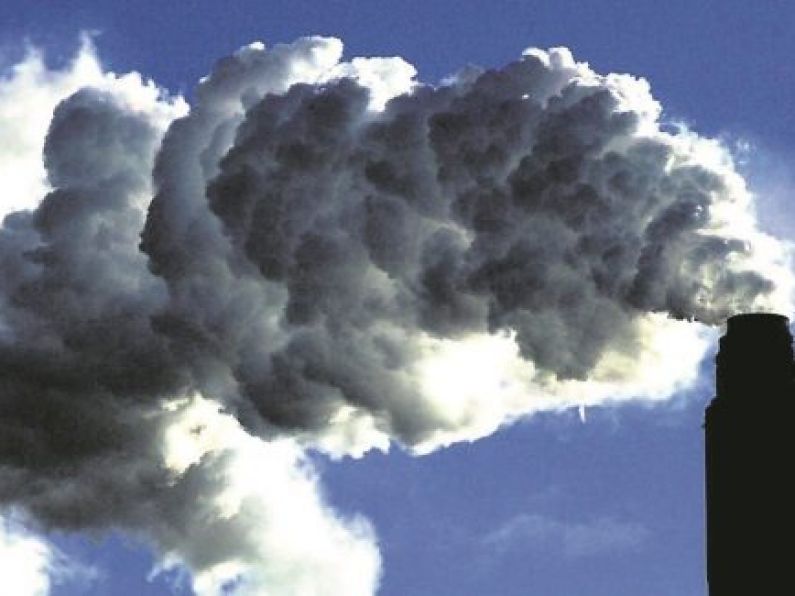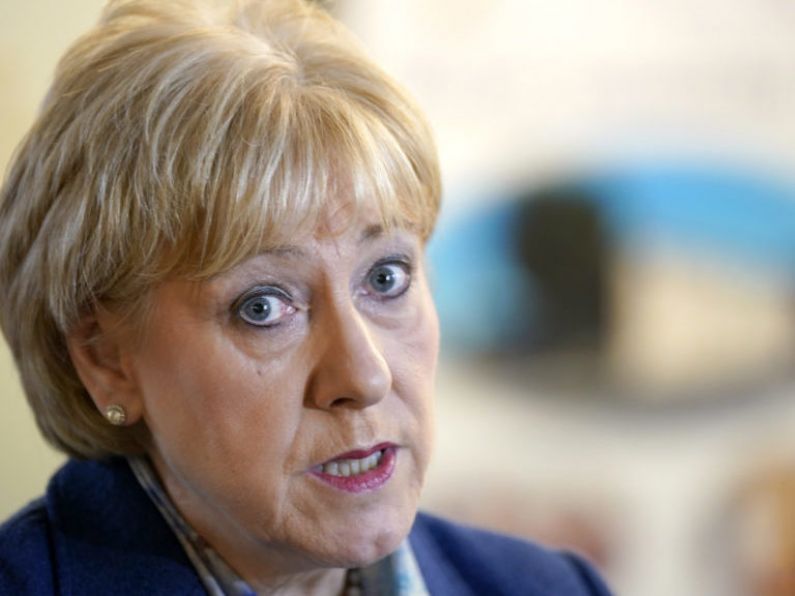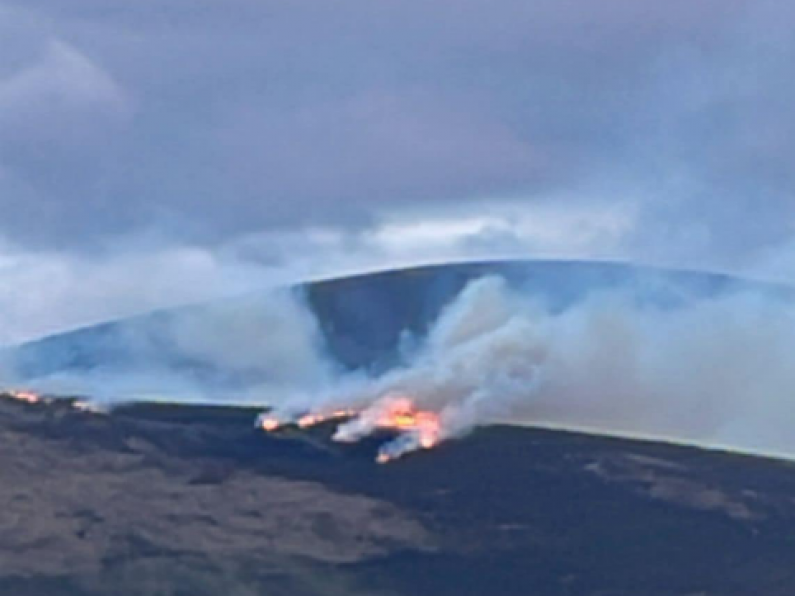Q. What is the Carbon Action Plan?
A. It is the document that sets out what the country must do to reduce greenhouse gas emissions.
Q. Sounds familiar - don't we already have one?
A. We've had several of sorts, most notably the 2017 National Mitigation Plan which was to have been the definitive action plan, but they lacked detail, legal status or both - and not a lot of action was taken on foot of them anyway.
Q. What's the point in a new one?
A. The same reason we had the previous attempts. We've signed up to EU and international agreements that require a joint effort by all countries to stop global temperatures rising any further and hopefully stop the climate chaos already in evidence from getting worse.
Q. Why should that be of interest to me?
A. Well, you might care about saving the natural world and humanity from the worst effects of climate change. But even if you don't, every household, business, farm and public service in Ireland is going to be affected in some way by the new policies and regulations the action plan introduces.
Q. Affected how?
A. You're going to be nudged, encouraged and/or forced to make changes to the way you heat your home or premises, the kind of transport you use, the choice of car you drive, the packaging you use, the jobs you train for and the renewable energy infrastructure you accept in your backyard.
Q. Nudged is ok but what's this about being forced?
A. There will be rules that say you simply can not, for example, build a new house with an oil or gas central heating system after a certain date or cannot buy a new petrol or diesel car. Some of the encouragement will be quite forceful too - an increased carbon tax, for example, is going to hit petrol, diesel, oil and gas users hard in the pocket.
Q. Why should I believe this plan will be implemented?
A. We've conceded we'll miss the EU's binding 2020 targets for greenhouse gas reduction and that's cost us €86m so far in buying carbon credits to cover our failure to comply. If we do nothing to meet our 2030 targets, we could potentially face a bill of €7bn. And if we don't meet our 2030 targets, we haven't a hope of meeting our 2050 ambition of being carbon neutral and the cost in all sorts of ways will be incalculable.
Q. That's all well into the future - governments are short-term so why would they be bothered?
A. Each government department is to have a carbon budget and if they don't get their act together in implementing the parts of the plan that are under their control and they exceed that budget as a result, they'll have to pay for it out of their annual budget - ie our taxes. No minister wants to admit they've had to put an important project on hold or are going to implement savage cuts because they have to save money to buy carbon credits.






